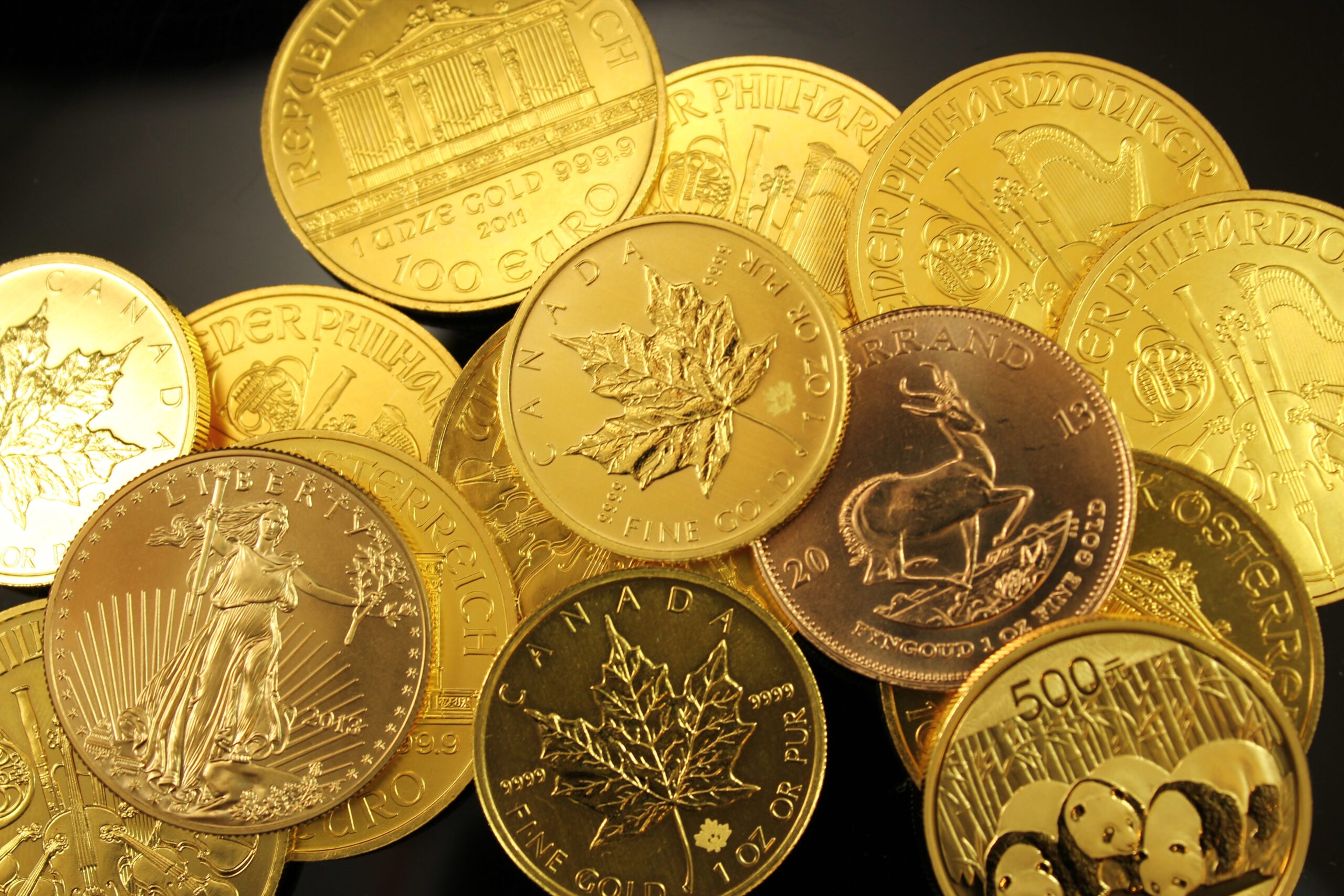Gold has been an integral part of economics since antiquity. It has been used as currency, a store of value, and an investment tool. Today, gold continues to play an important role in global economies, influencing both currency values and investment strategies. This article examines gold’s role in economics, from its history to its current influence.
The Long History of Gold as a Currency and Store of Value
Gold has a long history as a commodity and economic tool. As early as 600 BC, gold was used by the Lydians as money. In 1792, the US Congress established the US dollar at 15 ounces of silver or one ounce of gold. Since then, gold has been recognized as an official form of currency around the world. Today, it is still seen as a safe haven asset and store of value due to its relative stability compared to other currencies.
The Impact of Gold on Global Economics
The impact that gold has on global economics is significant. Its price movements are closely watched by investors around the world and can have far reaching effects on different markets. For example, when gold prices rise it can signal economic uncertainty which can lead to decreased confidence in currencies such as the US dollar or Euro. On the other hand, when gold prices fall it can indicate increased investor confidence which can result in higher stock market returns or stronger currency values.
The Relationship between Gold Prices and Currency Values
The relationship between gold prices and currency values is complex but important to understand when investing or trading currencies. Generally speaking, when gold prices rise it indicates decreased confidence in fiat currencies such as the US dollar or Euro while lower gold prices suggest increased investor confidence in those same currencies. Therefore, investors should pay close attention to changes in both gold prices and currency values when making investment decisions involving foreign exchange markets.
The Role of Gold in Central Bank Monetary Policy
Central banks also use gold to manage inflation levels within their economies. By buying large amounts of gold reserves, they are able to increase their money supply without creating too much inflationary pressure on their own currency values. This helps them maintain stable economic growth while ensuring that their citizens have access to affordable goods and services over time.
The Benefits of Investing in Gold as a Safe Haven Asset
Gold also influences investment strategies around the world due its status as a safe haven asset with relatively low volatility compared to stocks or bonds over time periods ranging from days up to decades. Investors often use it as part of their portfolio diversification strategy because it provides protection against market downturns caused by political instability or economic uncertainty. Additionally, many investors turn towards physical assets such as coins or bullion during times when stock markets are highly volatile due to geopolitical events such high oil prices or war.
Using Gold as a Hedge Against Risky Investments
Gold can also be used as a hedge against risky investments such commodities futures contracts or leveraged ETFs. By investing some portion into physical assets such coins or bullion, investors are able protect themselves against losses caused by sudden market movements that could occur if they were only invested in more volatile financial instruments. This allows them greater flexibility when making long-term investments because they know that they will always have some form of protection against major losses even if other parts of their portfolio suffer heavily during times like these.
The Benefits of Investing in Physical Assets for Long–Term Returns
The benefits that come with investing in physical assets such coins or bullion for long-term returns cannot be overlooked either. Over time, these types of investments tend to appreciate more than stocks, bonds, real estate, etc., making them attractive options for those looking for steady returns over longer periods. Additionally, these investments offer greater liquidity than most other types which makes them ideal for those who need access their funds quickly without having worry about selling off large chunks at once.
The Benefits of Investing in Gold for Economic Stability
In conclusion, this article examined how gold plays an important role in economics today from its history being used as currency up until present day where it influences both currency values and investment strategies worldwide. From being used by central banks to manage inflation levels within their economies and utilized to hedge against risky investments, there are several ways which individuals’ and companies benefit from understanding how this precious metal affects global economics. Finally, we discussed how investing physical assets such coin’s bullion offer many advantages including better liquidity and higher potential returns over longer periods time which make them attractive options for those looking at long-term investments with some level of protection.

